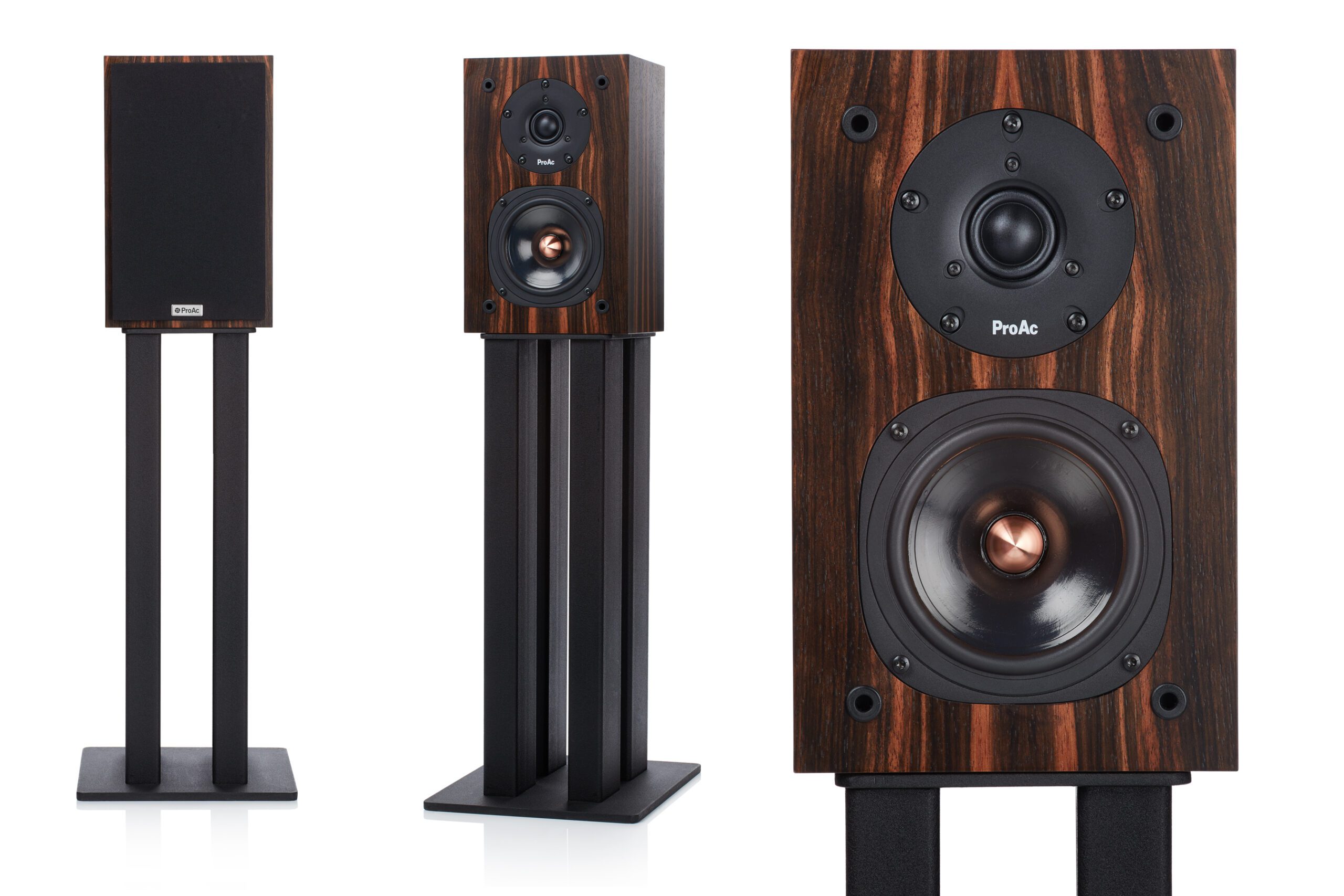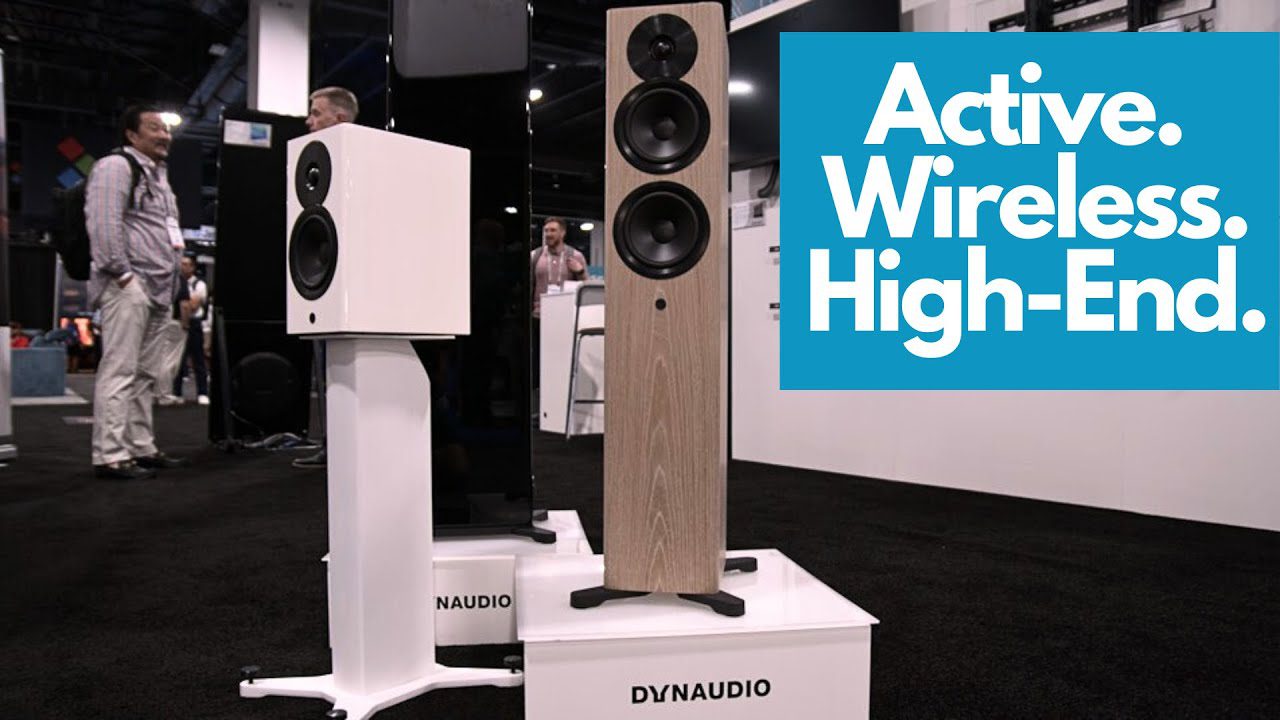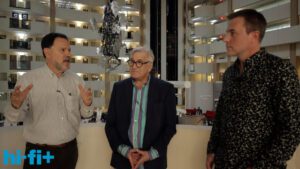
Graham Day is one of the founding fathers of British garage rock. The vocalist and guitarist was the frontman of cult ‘80s beat‑psych band The Prisoners, who were adopted by the Mod revival scene, but he’s also released albums as The Solarflares, Graham Day and The Forefathers, and his current project, The Gaolers.
Not only that, but he’s worked with fellow Kent coast-based musician, writer and artist, Billy Childish, as a producer, and briefly played drums in Childish’s group The Mighty Caesars and later bass in The Buff Medways.
For a man whose music career spans more than 40 years – Day is 58 – it’s surprising he hasn’t released a solo album… until now… and even that was a happy accident, he tells me, talking on the phone from his home in Rochester.
“It was all down to the bloody pandemic – the album was supposed to be a Graham Day and The Gaolers record, but our drummer, Dan, lives in Alabama. We were going to play gigs in Hamburg, Paris, London and Brighton – I have to make it worthwhile for him to come over – and I’d booked a studio called Ranscombe in Rochester because I’d written the album,” he explains. “That was April 2020 – it was all going to pan out nicely – but then lockdown scuppered that.”
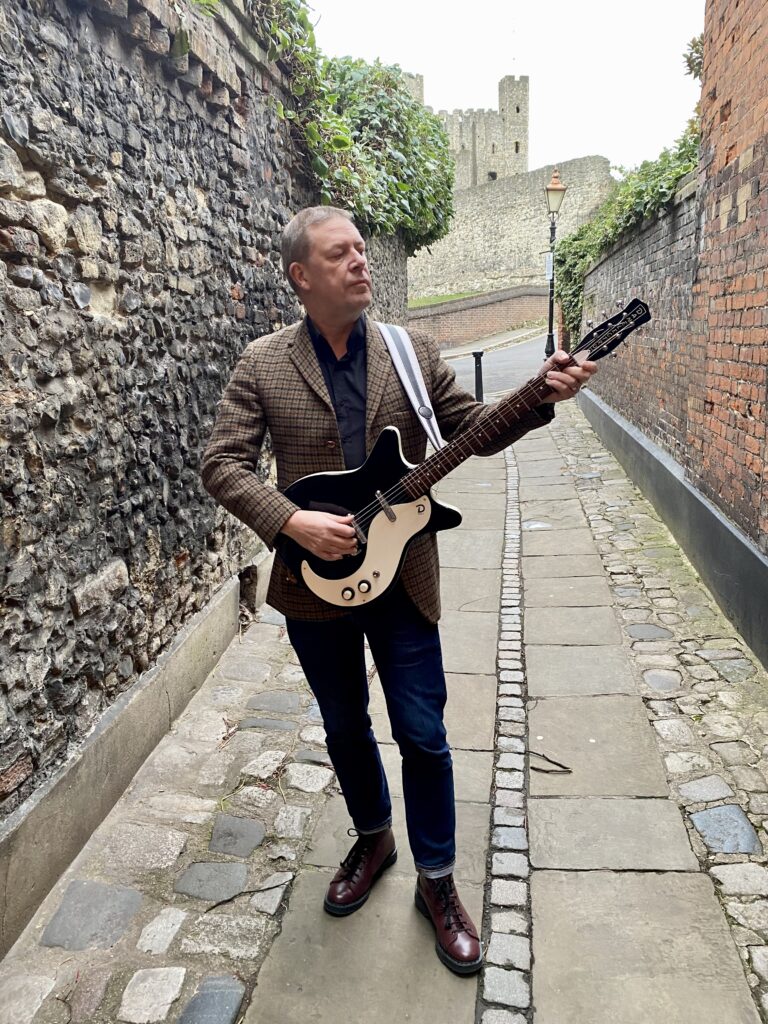
The record we’re here to talk about is The Master Of None – the title is a reference to how it was made. Not being able to meet up with his band, Day turned the Logic Pro X demos which he’d created for his drummer into a proper album. Building up each song from scratch, he added bass, Hammond organ and congas to the guitar and vocal tracks, and then, finally, the drums, which proved something of a challenge.
“I went to my mate’s printing works unit, where he has a drum kit, plugged my headphones in and stuck a microphone in front of the kit and tried to play along, but it was hideous,” he says. “I found it really difficult. I’m a loud drummer and the unit is big and echoey – the drums were so f***ing loud! I had to turn the headphones up to maximum to be able to hear what I was playing along with. I deafened myself – I couldn’t hear anything for nearly a week afterwards.”
The Master Of None is a great record that doesn’t mess around. It’s stuffed full of short, sharp, highly melodic, garage rock songs, like the dirty and fuzzy opener, ‘A Rose Thorn Sticking In Your Mind’s Eye’, the Kinksy, Brexit-themed, ‘Out Of Your Narrow Mind’, and first single, the angry ‘You Lied To Me’, which is a stinging attack on Boris Johnson and his cronies and recycles the vibrato guitar part from ‘Help You Ann’ by US garage-rockers The Lyres.
There are also some more soulful moments – with its Hammond sound, the title track recalls The Spencer Davis Group, while ‘Don’t Hide Away’, which was written about the pandemic, nods to The Four Tops, and has a melancholy organ line, and ‘A Grain of Sand (That Gets Washed Out To Sea)’ has a groovy ‘60s feel, thanks to a Danelectro electric sitar and congas.
Considering he played everything on the album, Day has managed to pull off a great trick – The Master Of None, which took a couple of months to finish, sounds like it was recorded live with a full band.
“Thanks,” he says. “In a way, the battle I had trying to play along with tracks and layering them is probably what makes it sound like it’s a band playing. It’s a little bit scrappy. I don’t like over-rehearsing anyway – I like things to sound like they’re a little bit of a struggle and we’re a bit unsure. I like that edginess.
“I get bored with songs really quickly, so I tend not to listen to anything I’ve recorded ever again – I’d rather record quickly and move on. If I don’t do that, I’ll end up not doing anything, or the songs will be lost forever. Half of this album I rewrote, and I also wrote new songs for it because I was already fed up with the songs that were going to be on the Gaolers record. It doesn’t bear much resemblance to the album we would’ve recorded back in 2020.”
SH: How do you write songs?
GD: I’m not a prolific writer because I’m quite lazy, I suppose – I need to have a goal in mind. I don’t just sit down and say, ‘I think I’ll write a song today’, just for my own benefit.
If I’m going to record an album, I can write quite quickly, and it falls into place if I know I’ve got to do it. I normally write songs when I’m walking my dog – I get a melody and I hum it into my phone. Then when I get home, I work out what the chords are.
When I was younger, I used to play a guitar, get a riff and try and put a melody over the top of it. I can’t do that anymore – there’s nowhere else for me to go with it. I have to come up with a melody and try to figure the song out around that.
I’ll be honest, I really struggle with words. I often have all the music recorded, but I sit there and say, ‘what the f*** am I going to write a song about?’ I’m 58 years old – I’m not an angry young man anymore.
You sound quite angry on the album, though. Some of the lyrics tackle social issues, injustice, politics, the environment… It’s quite a topical record…
I think that was a product of the situation – Brexit, lockdown, all of that s***. I’m sitting there thinking ‘all I want to do is go on holiday and go and play in the band’. I couldn’t do either of those things, which made me really bitter! A lot of it came from that.
Ordinarily, I’m quite a cheerful, quiet person and I’m not bothered. There’s a song on the album called ‘A Grain of Sand (That Gets Washed Out To Sea)’ where I talk about how I moan about a lot of things, but how I’m not actually an activist. I’ll quite happily sit there and grump about everything, but I’m too lazy to get off my arse and do anything about it.
That song has a Danelectro electric sitar on it…
Yes – that’s it. The original ‘60s one was called a Coral – I’ve got an exact copy of it. A few bands from the ‘60s used them. I’ve got a sitar as well, but it’s too much of a pain in the arse to sit on the floor with and tune it. I end up playing it like a guitar and all the strings snap… When I found the electric one, I thought, ‘brilliant’… It doesn’t particularly sound like a sitar, but it has a unique sound of its own, which is really nice.
That and the congas give the song a groovy ‘60s feel…
Yes – I got the congas and some other Danelectro guitars, including a baritone electric, because I’m also in an instrumental band called The Senior Service. I was getting into that ‘60s spy film thing, which I’ve always loved, like Barry Gray and John Barry.
Do you collect vintage gear?
I’ve had so much stuff over the years, but lack of money has forced me to get rid of some of it, which I really regret. I’ve still got quite a lot of guitars – some vintage ones and some more modern. I have Gretsch ones that are only 10–15 years old – some old Gretsch guitars can be a real bastard to play and quite quirky, but they look great. Some of the guitars made in Japan, 10 or 15 years ago, are pretty decent – I have two or three like that.
The song ‘Out Of Your Narrow Mind’ sounds like The Kinks…
I love The Kinks. I think influences are brilliant to have because you can’t invent anything new, unless it’s really awful. You’ve got to have influences, but you’ve got to tread a thin line between that and actually nicking stuff, so I try and go for a similar feel and hope to God that I’m not nicking something.
Often when I write a song I think ‘that sounds vaguely familiar…’ but I press on with it and then, further down the line, I think ‘oh, f***! I know what that is…’
More often than not, I’m ripping my own stuff off! My wife will say, ‘that’s on one of your other albums…’ And I go, ‘b******s!’
The title track has a soul feel. It reminds me of the Spencer Davis Group…
Oh – brilliant.
There’s also a soul influence to ‘Don’t Hide Away’, which is quite Four Tops – it’s one of my favourites on the record. I like the sad organ on it. It’s quite a melancholy song at heart, with a Northern Soul or Motown feel…
I wanted to go for a more upbeat Four Tops/ Frankie Valli kind of thing, but I started putting things on it and it changed without me intending it to. I really liked the haunting organ line – it changed the feel of the song.
The last song on the album, ‘Time Is Running Out’, deals with eco issues…
I don’t like singing about those things – getting on my high horse and all that b******s, but you’ve got to sing about something. And you can only sing about politics a couple of times. You get to a point where you think, ‘I suppose I’d better have a song about that…’
What does a 58-year-old man sing about? I can’t write about a relationship breaking down – my wife wouldn’t be too happy about that.
I think that tune is a little bit too fast, but it works because it sounds like a battle or a race to a climax. I thought I would stick it at the end of the album, and it was a battle because it was really hard to play along to.
It has backwards guitar on it…
I like that. In the old days, we used to do it properly in the studio with tape – cut the tape, turn it backwards and then stitch it back together. I can remember spending all afternoon doing it for one of The Prisoners albums. Now there’s a little button to do it on Logic – it takes minutes.
What’s your home studio set-up like?
I’ve got one microphone and I use a Vox AC30 amp. When I was recording the guitar for the album, which had to be really loud, I asked the neighbours to tell me if they were going out! They’re pretty understanding – they told me they were going for a walk, so I whacked it up and did the guitar parts. The main thing for me is that gritty guitar thing. I stuck the bass straight into the computer and did the Hammond on a MIDI keyboard.
Would you make a record on your own again? How was the experience?
I did love it. I liked the songwriting aspect of it because I’d never worked like that before – having the time to craft the songs. In the last 40 years of playing, I’ve never really bothered with that. If I get a good idea – a riff or a tune – it’s there and it’s simple. I’ve always thought that if a song takes longer than five minutes to write, it’s not worth writing, but with this album it’s a bit more crafted and layered than perhaps I’ve done in the past. I normally wouldn’t have the time or inclination to do that.
I’m really pleased with some of the songs on it.
Have The Gaolers heard the album?
They’ve heard the demos… (laughs).
The Master Of None is out now on Countdown Records. It’s available on LP, CD and across digital platforms.
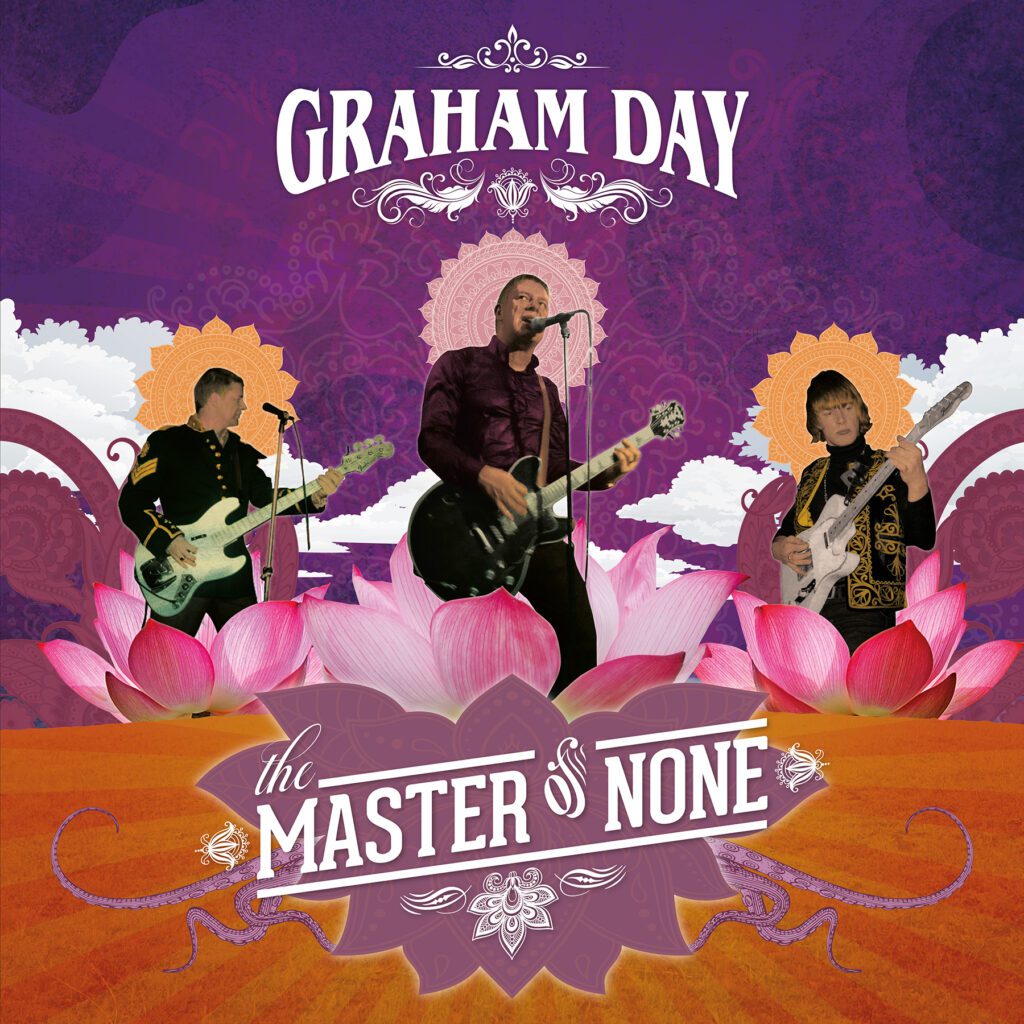
By Sean Hannam
More articles from this authorRead Next From Music
See all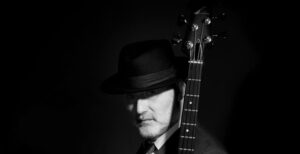
Music Interview: Jah Wobble
- Mar 27, 2024
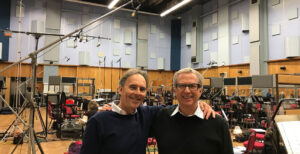
Music Interview: Don Reedman
- Mar 27, 2024
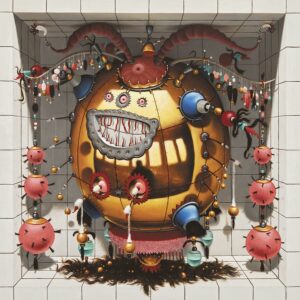
Album Review: Orbital – Optical Delusion
- Mar 20, 2024
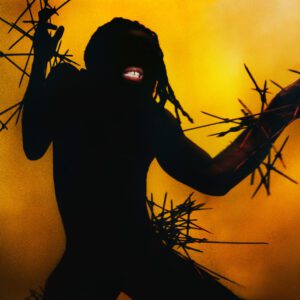
Album Review: Young Fathers – Heavy Heavy
- Feb 28, 2024

